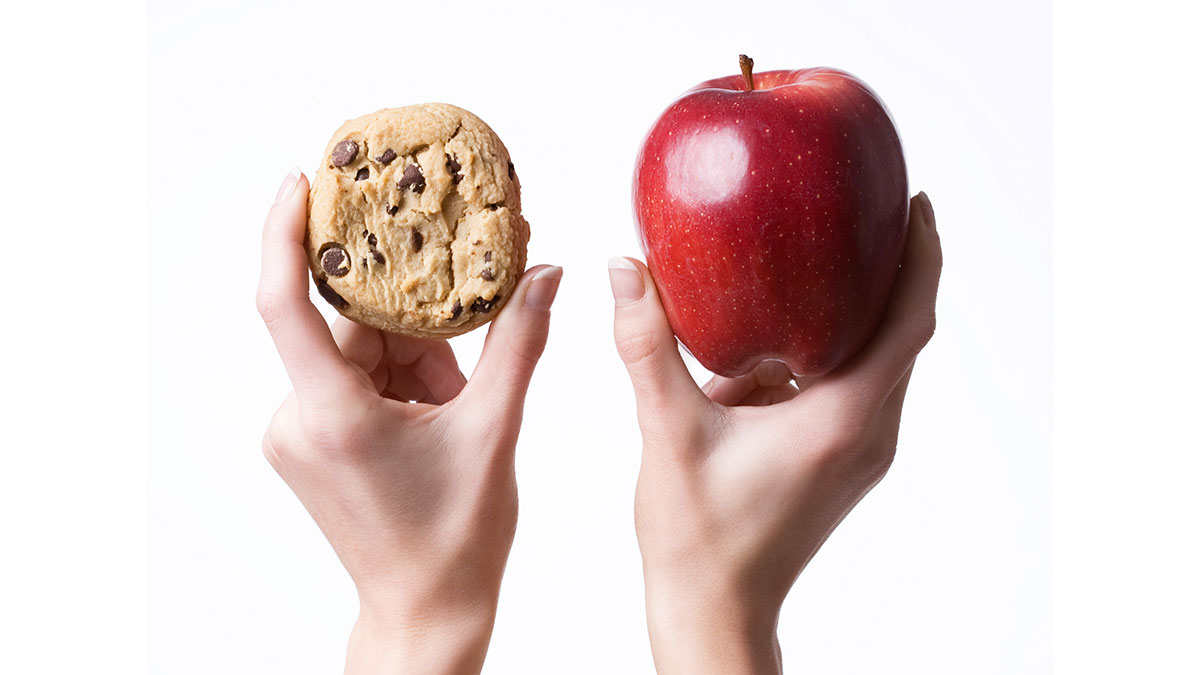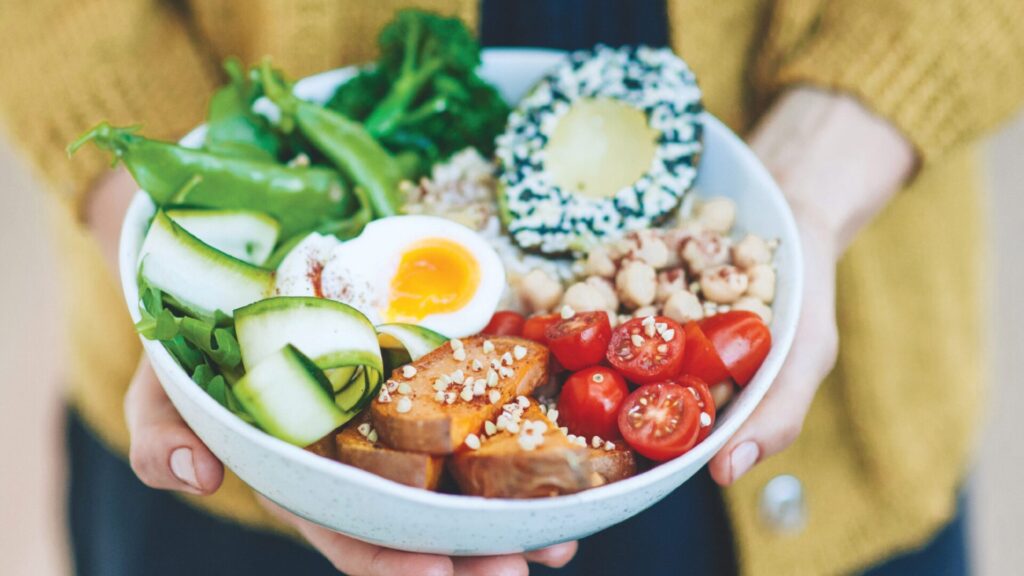For those of us spending more time at home than ever before, it’s especially important to maintain healthy eating habits. Here are some simple and clever food swaps you can adopt at home to help you stay healthy and improve your nutrition.
Gut health
Research continues to discover the benefits of a well-balanced gut microbiome, linking happy gut bugs to everything from mood to weight loss. Looking after your gut does not require expensive probiotics or prebiotics. A quick and easy, budget-friendly food fix is to simply swap from refined grains to wholegrains.
The fibres in wholegrains provide both probiotics and prebiotics to create a diverse gut microbiota, which is what you need for good gut health. Legumes are also important for our healthy gut bugs.
Joint health
Your diet can make a big difference to your joints and help keep niggly aches and pains at bay. Your best bet to help reduce inflammation in your body is to eat more plants, especially those that contain omega-3, which has been shown to reduce signs of chronic inflammation. Plant-based sources include walnuts, chia, hemp and flax seeds.
Brain health
Keen to nourish your noggin? Avoid junk food which research indicates essentially shrinks your brain. Eating more plant foods helps us grow new brain cells, which enhances learning and memory. Brain foods to add to the shopping trolley include plenty of colourful fruits (especially berries) and dark green vegetables, nuts (especially walnuts) and seeds (chia, flax, hemp).
Cholesterol
When it comes to cholesterol lowering, the most effective dietary strategies are to replace saturated and trans fats (bad fats) with unsaturated fats (healthy fats), and increase your intake of plant sterols. Plant sterols can stop cholesterol from being absorbed by our bodies. They can be found in unsalted raw nuts, fruit, hummus, tahini, peanut butter and reduced-fat Greek yoghurt.
Food swap tips
Gut health. Instead of white pasta and rice go for wholemeal, wholegrain or legume varieties. Try swapping meat for legumes several times a week or more. Choose high-fibre alternatives in some food. For example, try making your own wholegrain pizza base, or substitute with wholegrain pita bread.
Joint health. Swap creamy salad dressings for dressings based on extra virgin olive oil and lemon juice or apple cider vinegar. Add a tablespoon or two of high-fibre chia seeds, hemp seeds or ground flax seeds instead of bran. Pack unsalted nuts, seeds and dried fruits for a healthy snack on the go.
Brain health. Go for a side of salad instead of fries for your next meal. Top your breakfast cereal with sweet blueberries or raspberries instead of honey or brown sugar. If you are on the run, look for healthier take-away options like brown rice sushi or wholegrain pitas/wraps.







